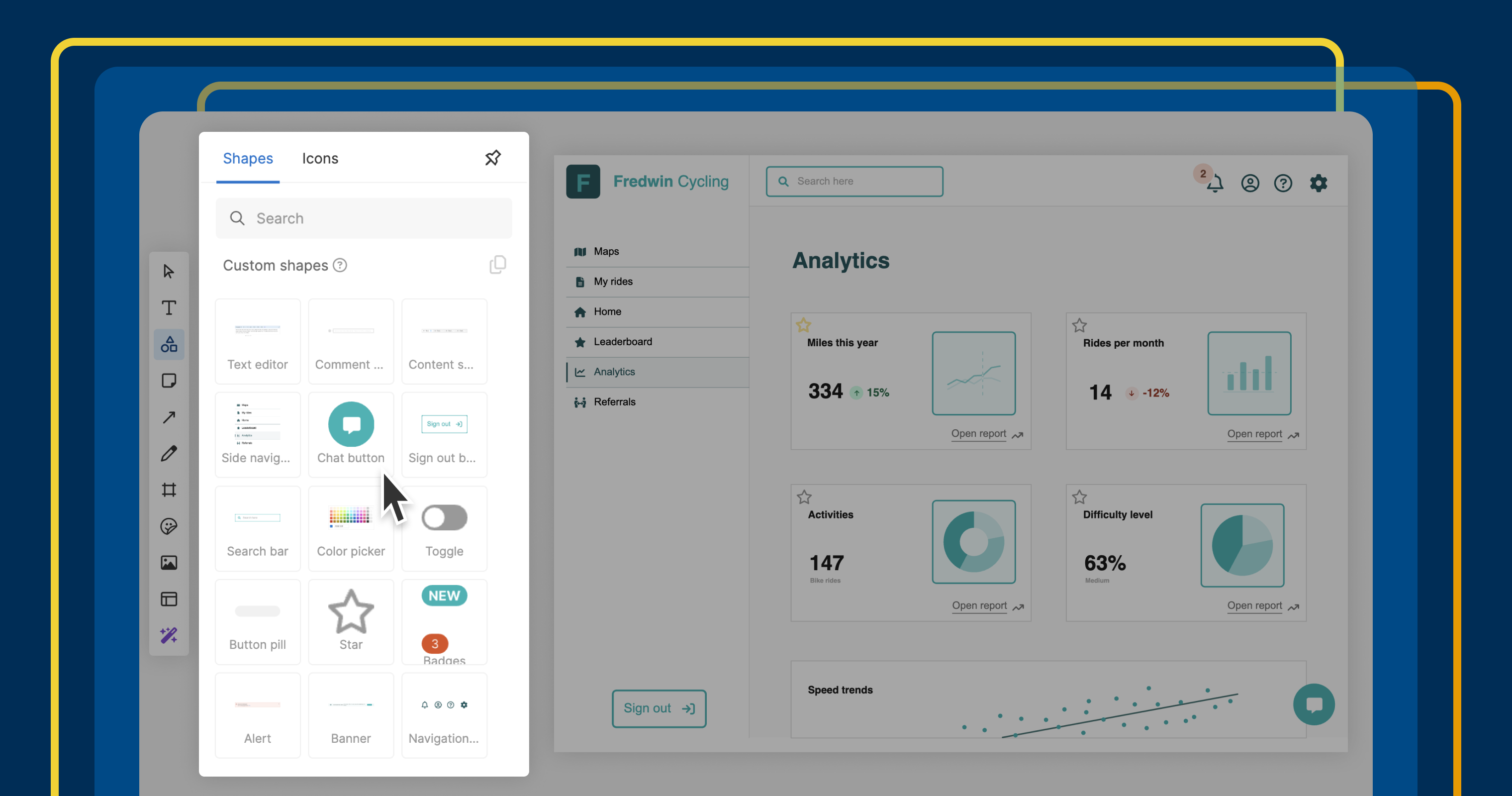How BMS Technology Makes Your Lithium Battery Backup Smarter and Longer Lasting
When discussing lithium battery-based backup systems, there’s one feature that truly sets them apart—but often doesn’t get the attention it deserves: the Battery Management System (BMS). If you’ve ever wondered why lithium UPS units outperform traditional systems in longevity, safety, and efficiency, the BMS is the unsung hero behind it all.
In this post, we’ll explore what a BMS does, how it works, and why it’s a game-changer for power backup—especially in Indian households where power cuts and voltage fluctuations are part of everyday life.
What is a Battery Management System (BMS)?
A Battery Management System, or BMS, is an intelligent electronic circuit embedded within lithium-ion batteries. Think of it as the control center that keeps tabs on the battery’s health, regulates how it charges and discharges, and ensures everything is running safely and efficiently.
Unlike older lead-acid batteries that operate with minimal monitoring, lithium batteries are more sensitive and advanced. They require a system like BMS to function optimally—and safely.
Why Your Lithium UPS Needs a BMS
Here’s how a BMS adds value to your power backup:
1. Protects Against Overcharging
Overcharging can overheat and damage your battery. The BMS monitors the voltage and halts charging once it reaches safe levels—protecting your battery and your home.
2. Prevents Over-Discharging
Letting a battery run completely flat can dramatically reduce its lifespan. A BMS ensures the battery doesn’t discharge below safe limits, maintaining long-term performance.
3. Balances the Battery Cells
Lithium batteries consist of multiple cells. If these cells charge or discharge unevenly, it causes imbalances. The BMS ensures uniform performance across all cells, improving efficiency and reliability.
4. Monitors Heat and Temperature
High temperatures—especially during Indian summers—can lead to battery failure. A BMS continuously checks the battery’s temperature and can reduce charging or output to avoid overheating.
How BMS Boosts Battery Life
By keeping the battery within its optimal operating range, the BMS ensures minimal wear and tear. This results in significantly better battery life. While a lithium battery without BMS might last 2–3 years, one with BMS can last 7–10 years with minimal upkeep.
Built-In Safety for Peace of Mind
Safety is a top priority in any household. With children, senior citizens, or pets around, it’s important to have a backup system that can prevent electrical mishaps. BMS technology adds that safety layer by instantly shutting down the battery in case of short circuits, overheating, or voltage spikes.
Compared to conventional lead-acid inverters, lithium UPS systems with BMS are far safer and more dependable.
Smarter Power with Real-Time Monitoring
Many modern lithium UPS systems now feature mobile apps or LCD displays—giving you real-time updates on battery status, charging levels, temperature, and estimated backup time. All this intelligence is powered by the BMS, putting battery management literally at your fingertips.
Why Indian Homes Benefit from BMS-Enabled Backup Systems
Frequent and sudden power outages, unpredictable load shedding, and inconsistent voltage are common issues across India. This is exactly why a BMS-powered lithium UPS is ideal—it can adapt to changing power conditions, safeguard your devices, and keep your home running smoothly.
Plus, they require little to no maintenance, which makes them an excellent long-term investment.
BMS is the Backbone of a Modern UPS
The Battery Management System is more than just a feature—it’s a vital component that protects, optimizes, and extends the life of your lithium battery backup. Whether you're dealing with power cuts in a metro city or voltage drops in a small town, a BMS-enabled UPS offers unmatched safety, durability, and performance.
If you're considering a lithium UPS for your home, make sure it includes a robust BMS. It’s not just the smart choice—it’s the safest one.



























































































































![Are AI Chatbots Replacing Search Engines? AI vs Google [New Research]](https://www.orbitmedia.com/wp-content/uploads/2025/05/How-often-are-we-using-AI-chatbots_.webp)


































